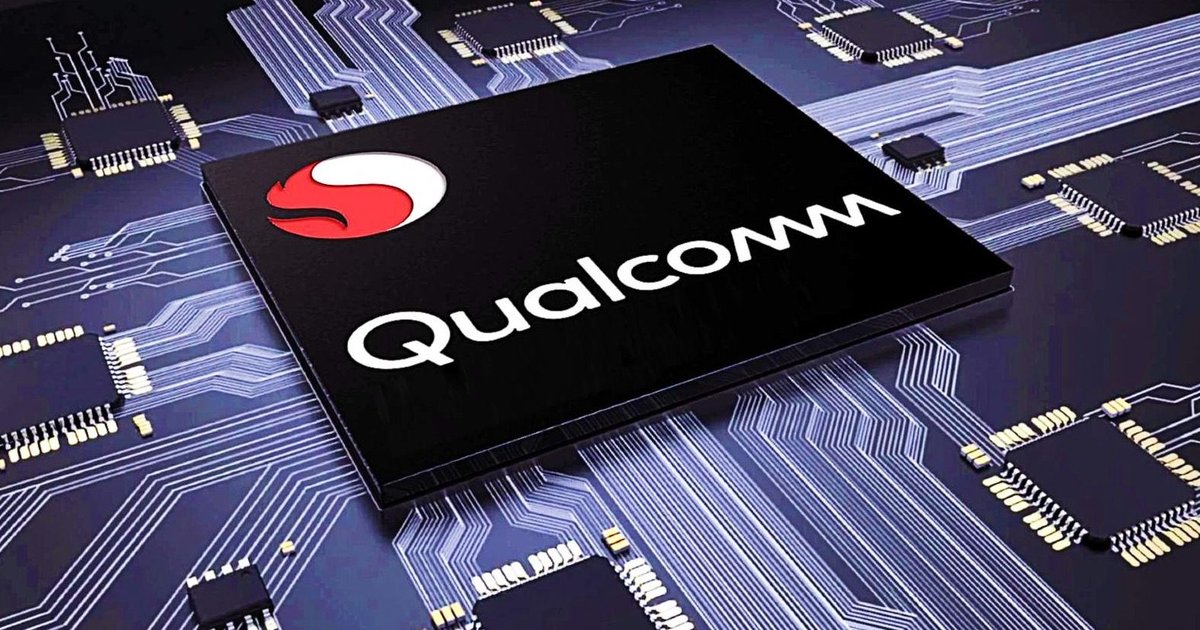
Nakul Duggal, Group Manager for Automotive at Qualcomm, explained the significance of this joint approach: “Typically, we have operated together, but independently – we plan a lot of things together, but we go to customers separately.
“We decided we should think about this differently because it will reduce a lot of friction and confusion.”
The joint offering will enable automakers to utilise Google’s AI technology to create unique voice assistants that can function independently of a driver’s phone.
This marks a departure from current systems like Android Auto and Apple CarPlay, which rely on a connected smartphone to display apps and provide functionality.
Qualcomm’s new automotive chips and Mercedes-Benz deal
Alongside the announcement of its partnership with Google, Qualcomm has introduced two new chips designed specifically for the automotive market.
The Snapdragon Cockpit Elite chip is intended to power dashboard systems, while the Snapdragon Ride Elite chip is developed for self-driving features.
As a result of the development of Qualcomm’s automotive ambitions, the company has secured a deal with Mercedes-Benz Group.
The German luxury car manufacturer plans to incorporate the Snapdragon Elite Cockpit chip in future vehicles.
This agreement with Mercedes-Benz represents a major win for Qualcomm in the competitive automotive chip market.
It demonstrates the company’s ability to attract premium automakers and potentially signals a shift in the industry towards more advanced, AI-driven in-car systems.
Broader industry trends
The collaboration between Qualcomm and Google, coupled with Qualcomm’s new chip offerings and the Mercedes-Benz deal, highlights the increasing convergence of the technology and automotive sectors.
